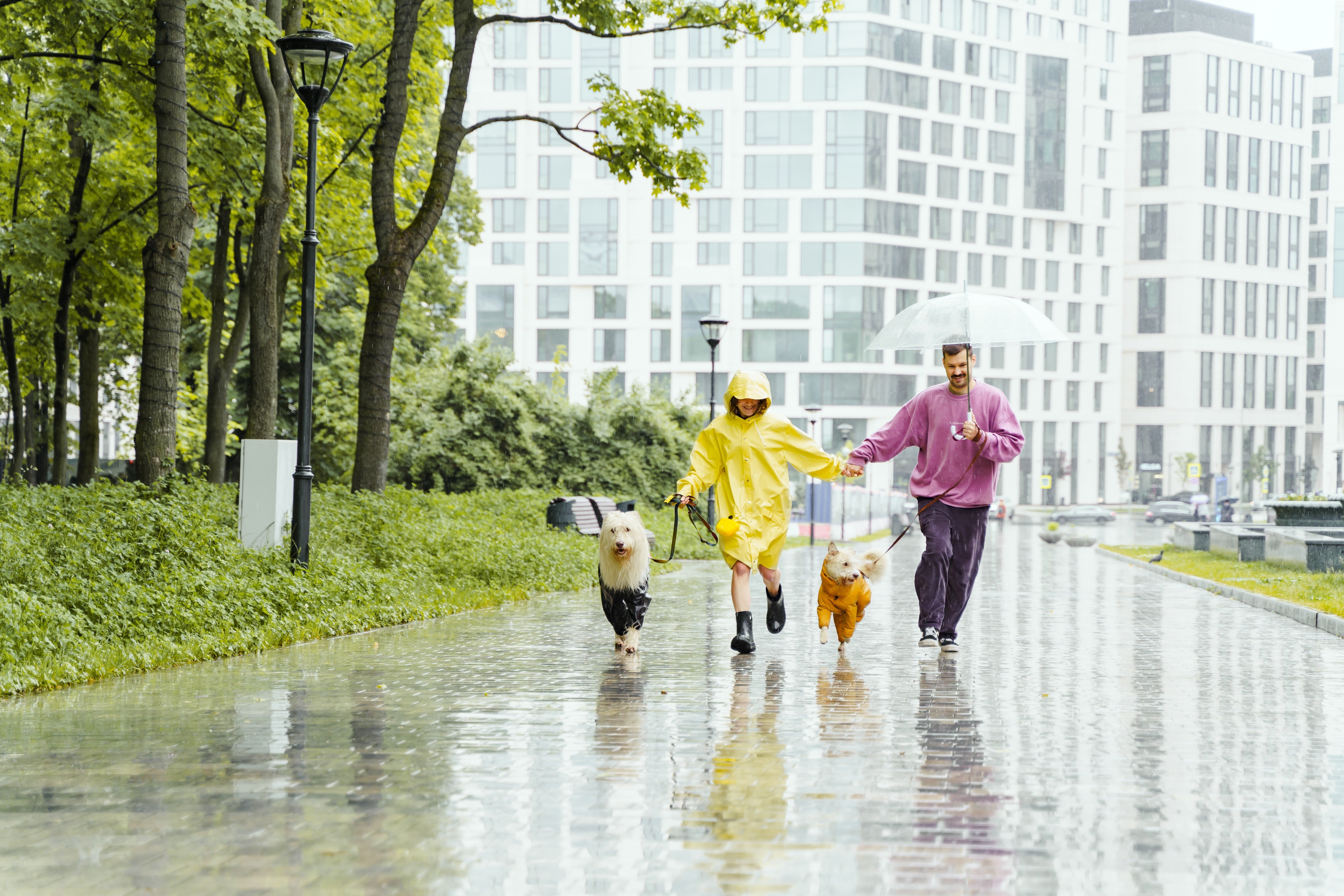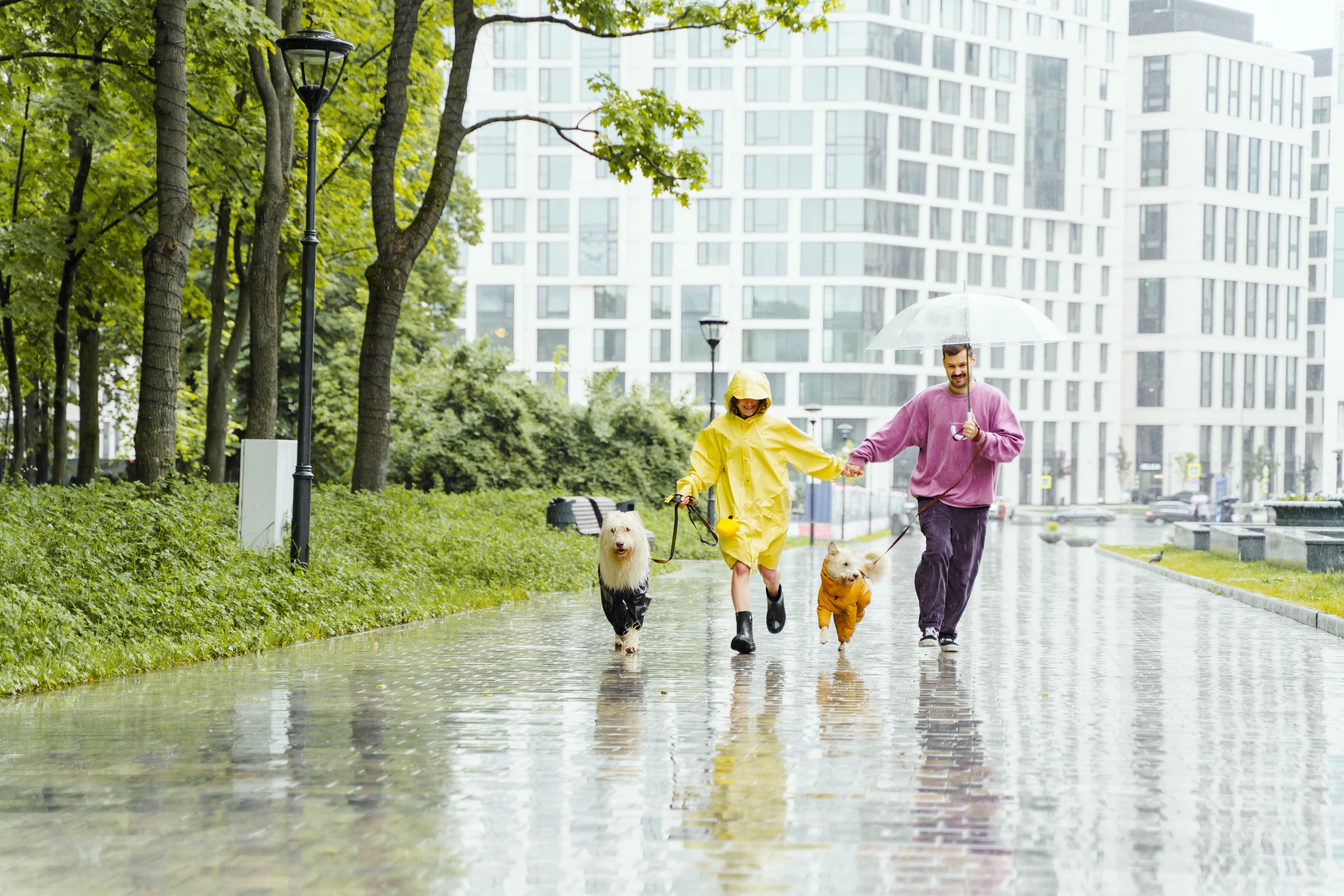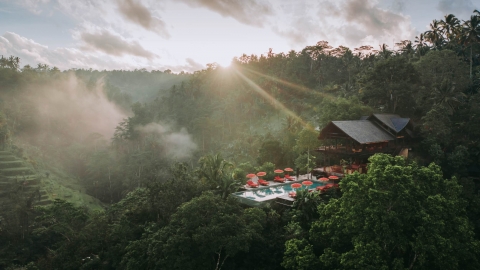In early August, many popular tourist destinations begin their rainy season, such as Da Lat, Hue, Sapa, Buon Ma Thuot, and Hoi An. At this time, most accommodation and food services start to reduce prices, and the number of tourists is no longer as crowded as during the summer tourist season.
Traveling during the rainy season is a unique experience for tourists who appreciate tranquility and introspection. Choosing to travel during the rainy season means that travelers need to carefully research the weather conditions and equip themselves with appropriate rain gear and protective clothing.
Prepare before the trip
Check the weather forecast regularly.
Before planning your trip, you should closely monitor the weather information. Weather forecasting tools and information from newspapers and television are now updated quite quickly and accurately, especially for the next few days. It's best to travel on days with light rain; avoid traveling when the weather is very bad. During the rainy season, it's advisable to avoid islands, beaches (large waves, no boats), or mountainous areas (landslides, flash floods).
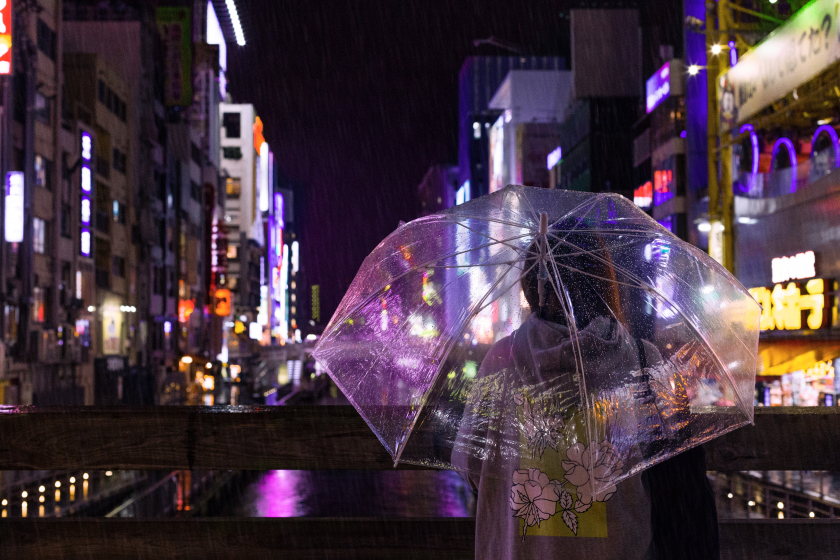
In addition, choosing the right mode of transportation during the rainy season is also a necessary safety measure. Airplanes, trains, and buses are reasonable choices if you have to travel a long distance. Once you arrive, you can rent a motorbike to explore, but you need to pay attention to safety, drive at a moderate speed, obey traffic laws, and avoid driving at night. If you encounter dangerous situations such as lightning strikes or flash floods, you should stop and find a place to rest. Check your vehicle and choose a helmet with a visor to prevent rain from splashing on your face, causing irritation and making it difficult to see the road.
Bring raincoats and umbrellas.
When traveling during the rainy season, a raincoat and umbrella are essential items in your luggage. An umbrella is useful for light rain and short distances. A raincoat is for heavy rain or for longer outdoor trips. Prepare a full rain suit that includes both pants and a separate jacket.
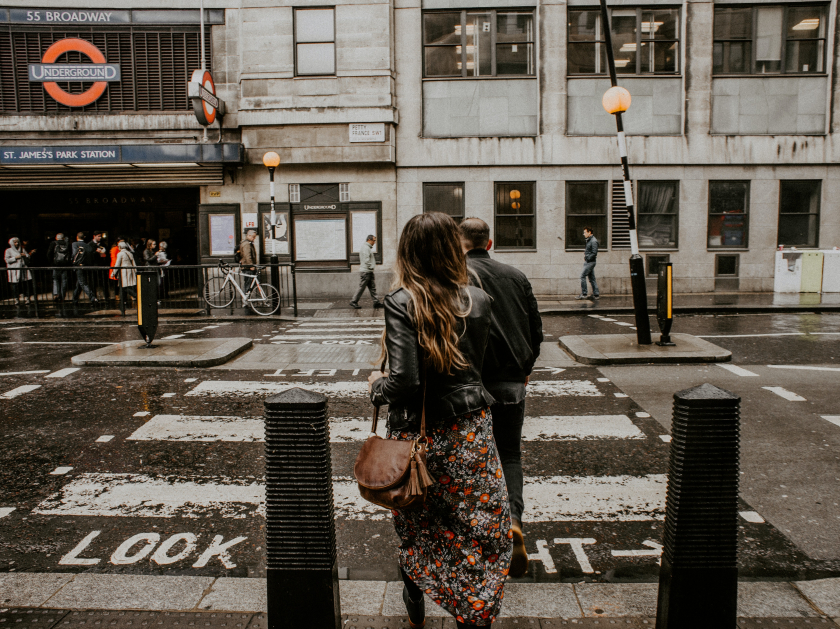
Regarding clothing, tourists should avoid tight-fitting clothes that absorb water, as they are uncomfortable, take a long time to dry, and can cause itching and rashes. Choose lightweight, quick-drying clothing and a waterproof, windproof jacket. Quick-drying shoes or rubber sandals are preferred. High heels or regular sneakers are unsuitable as they are difficult to move in or easily damaged in the rain.
Bring essential items.
If you're carrying a camera or electronic devices, it's best to prepare a waterproof backpack or buy a rain cover specifically for backpacks. For extra precaution, you can wrap each item, important personal documents, or even clothes and shoes in plastic wrap if necessary.
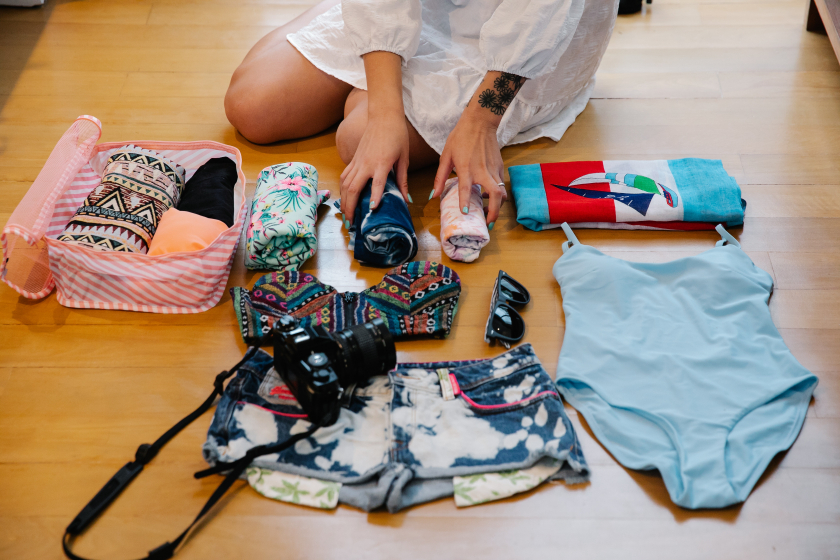
Additionally, travelers should prepare a personal first-aid kit with items such as cold medicine, bandages, hydrogen peroxide, insect bite cream, pain relief balm, stomach ache medicine, and common antibiotics. Bring a mini hairdryer; it will be very useful for drying wet items during the rainy season.
Experience traveling during the rainy season.
If the rain isn't too heavy, consider visiting nearby attractions such as museums, entertainment venues, art galleries, or indoor attractions. Alternatively, if you can't visit famous landmarks, spend time strolling around your accommodation and interacting with locals. Learning about local culture and sampling traditional dishes will enrich your travel experience.
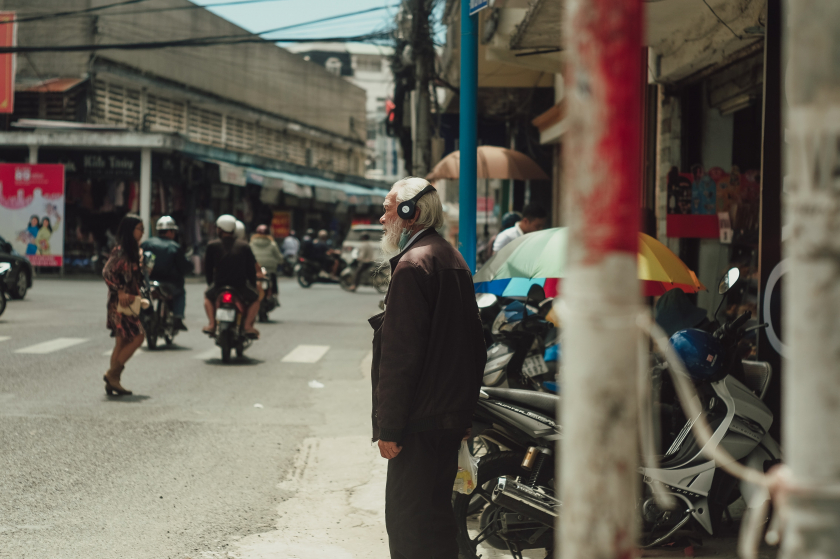
If it's raining heavily, choose locations near your hotel, such as shopping complexes or malls. These places offer a full range of shopping, entertainment, and dining options, allowing you to enjoy yourself without worrying about the weather.
Nowhere else can you sleep as soundly and comfortably as in places with low temperatures like the Northwest mountainous regions or Da Lat, so if it rains heavily, try booking a homestay and sleeping under a blanket all day. On the other hand, tourists can chat and socialize with other stranded people like you, and who knows, you might meet new friends and hear interesting stories that you would never have heard if you hadn't encountered the storm.

 VI
VI EN
EN



